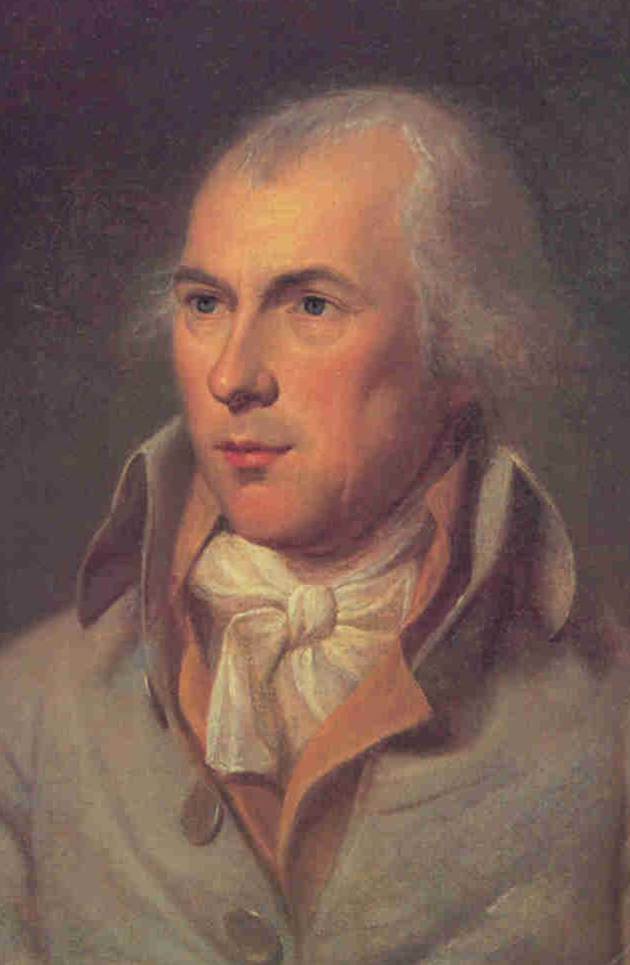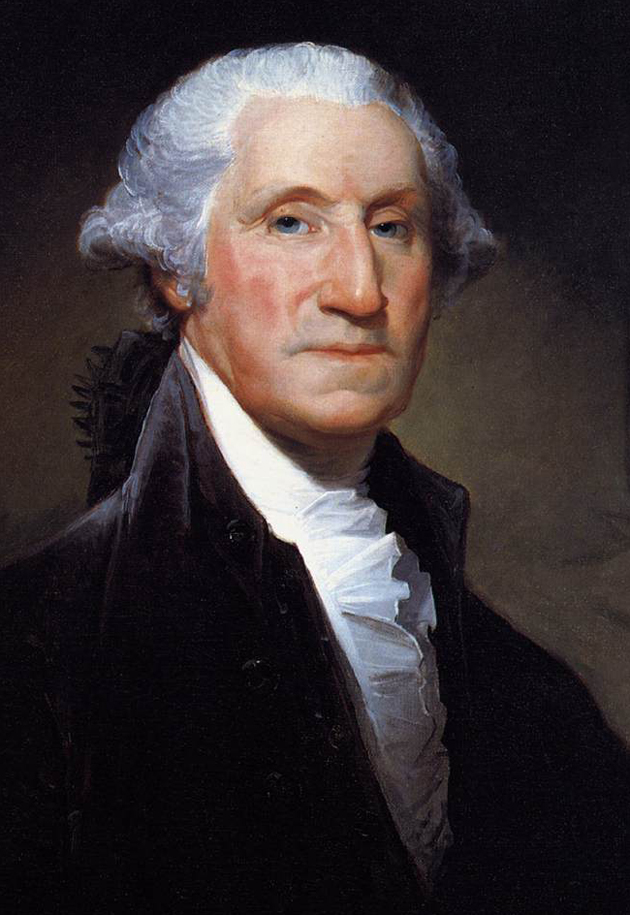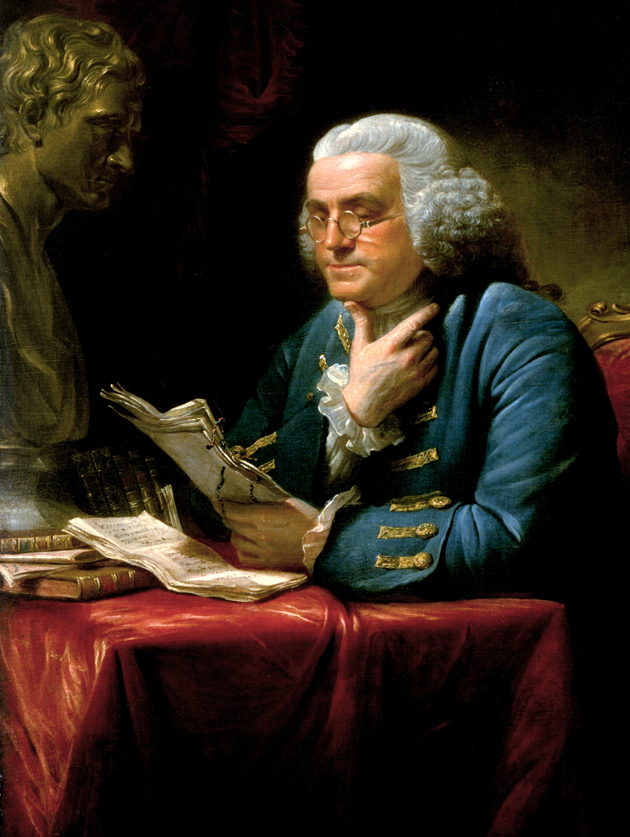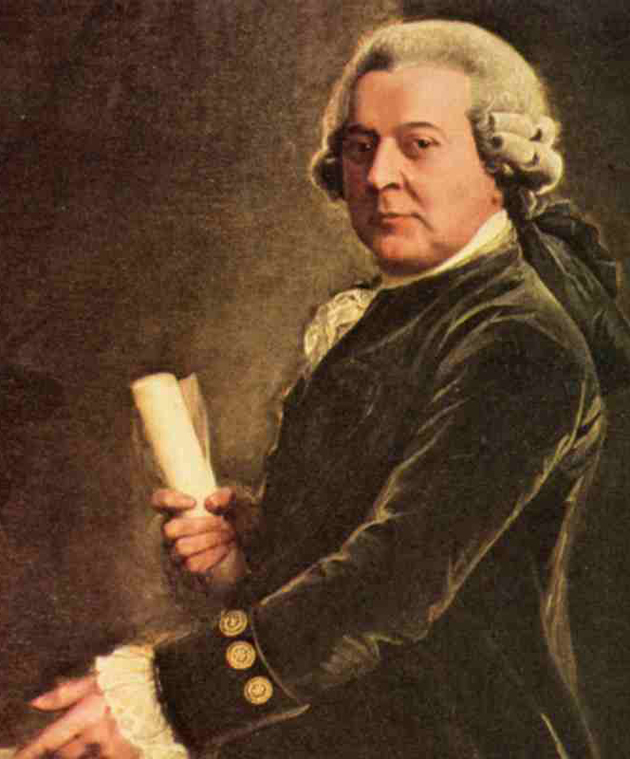Publisher's Note:
This is the second installment in Diane Rufino's series on what forged "Our Founding Principles" to birth this once great land. These are serious times that we find ourselves in. I pray that we can muster the same integrity, which our Founding Fathers possessed, to fight our way out of the deep dark hole that we now occupy.
The term "Founding Fathers" of the United States includes many great and courageous and wisely forward-thinking men. They include:
— Those men who framed , wrote, and signed our Declaration of Independence in 1776.
— Those men who framed , wrote, and signed our US Constitution in 1787.
— Those men who worked tirelessly to promote the Constitution's virtues and to help secure its ratification and adoption with the states.

— Those men who, whether as writers or politicians or jurists or statesmen or soldiers or diplomats or even ordinary citizens, helped initiate the cause for our independence and helped secure our victory in the Revolutionary War.
These man put their lives on the line as "traitors" to the Crown so we could have our independence).
Depending on which source you consult, the exact list varies. However, the lists generally include the following great men: James Madison, Thomas Jefferson, George Washington, Benjamin Franklin, John Adams, Samuel Adams, Alexander Hamilton, George Mason, Gouverneur Morris, John Jay, Patrick Henry, and Thomas Paine.
James Madison - (From Virginia) Madison is credited with writing the Constitution. During the Convention, he kept a faithful record of all the proceedings of that body, day after day, although they were kept secret for many decades after the event. While most Americans regard Madison as our true Founder and the designer of our Constitution and government, his position was one that was overwhelmingly rejected. He pushed for a strong centralized "national" government and was against sharing of power with the states. After the labors of the convention were over, and although he was disappointed especially in the design of the Congress, he nonetheless joined with Hamilton and Jay in the publication of a series of essays in support of the Constitution and its ratification. These essays, in collected form, are known as The Federalist Papers and are viewed as the ultimate authority on the intent and interpretation of the Constitution.

Although he didn't originally want to write the Bill of Rights because he saw no reason for it, he was ultimately persuaded by Thomas Jefferson and George Mason to do so. When James Madison drafted the amendments to the Constitution that were to become the Bill of Rights, he drew heavily upon the ideas put forth in the Virginia Declaration of Rights.
Thomas Jefferson - (From Virginia) Author of the Declaration of Independence. Although Jefferson was not present at the Constitutional Convention (he was ambassador to France), he had strong opinions as to how the federal government should be structured and he was able to influence the development of such through his correspondence. He also weighted in heavily on the interpretation of the Constitution, once it was adopted. His influence was seen more in the Bill of Rights. While Madison is credited with drafting the Bill of Rights, it was not his idea. It was Jefferson and George Mason who pushed for them and it was Jefferson who particularly inspired the language of many of the amendments, especially the First Amendment. The Bill of Rights is heavily influenced by the Virginia Declaration of Rights (written by George Mason), which itself was influenced by Jefferson's Virginia Statute for Religious Freedom. Thomas Jefferson is considered the father of Religious freedom and the strongest proponent for separation of church and state (ie, there could be no government-created and federally mandated national religion. "CONGRESS shall make no LAW respecting the establishment of religion...").
"I am persuaded no Constitution was ever before so well calculated as ours for extensive empire and self-government." --Thomas Jefferson to James Madison

George Washington - (From Virginia) First in war--First in peace--First in the hearts of his countrymen. When the Constitutional Convention assembled, Washington was chosen to preside over their deliberations. When the time came to select a President of the new United States, his countrymen called on him again, with a unanimous voice. It was fitting that he would be the First President of a free people.

Benjamin Franklin - (From Pennsylvania) Franklin possessed a more than ordinary genius. At the age of 81, Franklin was the senior statesman of the Constitutional Convention, but his advanced years only served to enhance his importance in the Convention, giving him a singular role to play - that of diplomat. His unique ability to soothe disputes and encourage compromise through his prestige, humor, and powers of diplomacy were an immeasurable asset during the 4 long months of the Convention. Another of his contributions was the resolution of how states would be represented in Congress.

John Adams - (From Massachusetts) He helped Jefferson with the Declaration of the Independence (after Jefferson wrote the first draft by himself). Although Adams was abroad at the time of the Constitutional Convention (as ambassador to Great Britain), he wrote "Thoughts on Government," which was very influential to the framing of the Constitution. "The publication advocated a balanced system of government based on a separation of powers between the executive, the judiciary, and the legislature, as well as a government "sacredly confined" to certain enumerated powers.

Samuel Adams - (Governor of Massachusetts) Sam Adams is called "The Father of the American Revolution" as he was the

principal organizer of the Boston Tea Party. Many of the Massachusetts' revolutionary documents, including the famous "Massachusetts Resolves," are from his pen. Although he lacked oratory skills, Adams is considered one of the most influential political writers of his time. Sam Adams urged for a Constitutional Congress to be held. And together with James Madison, both are credited with being the principal drafters of our Bill of Rights. [Sam Adams is the cousin of John Adams].
Alexander Hamilton - (From New York) Hamilton was one of the chief debaters at the Constitutional Convention. He advocated a national government and Constitution that would be modeled after the British system and that would have virtually abolished the states and even called for a president-for-life to provide energetic leadership. He, along with Madison and John Jay, went on to write the Federalist Papers, which remains a classic commentary on American constitutional law and the principles of government. This series has come to form the backbone of our national interpretation of the Constitution. James Madison and several others did not agree with his financial policies, but nonetheless, George Washington invited him to be his Secretary of the Treasury. Unfortunately, as Secretary of the Treasury, he enunciated the clearest argument ever made for a liberal (loose) construction of the Constitution.








 principal organizer of the Boston Tea Party. Many of the Massachusetts' revolutionary documents, including the famous "Massachusetts Resolves," are from his pen. Although he lacked oratory skills, Adams is considered one of the most influential political writers of his time. Sam Adams urged for a Constitutional Congress to be held. And together with James Madison, both are credited with being the principal drafters of our Bill of Rights. [Sam Adams is the cousin of John Adams].
principal organizer of the Boston Tea Party. Many of the Massachusetts' revolutionary documents, including the famous "Massachusetts Resolves," are from his pen. Although he lacked oratory skills, Adams is considered one of the most influential political writers of his time. Sam Adams urged for a Constitutional Congress to be held. And together with James Madison, both are credited with being the principal drafters of our Bill of Rights. [Sam Adams is the cousin of John Adams].
